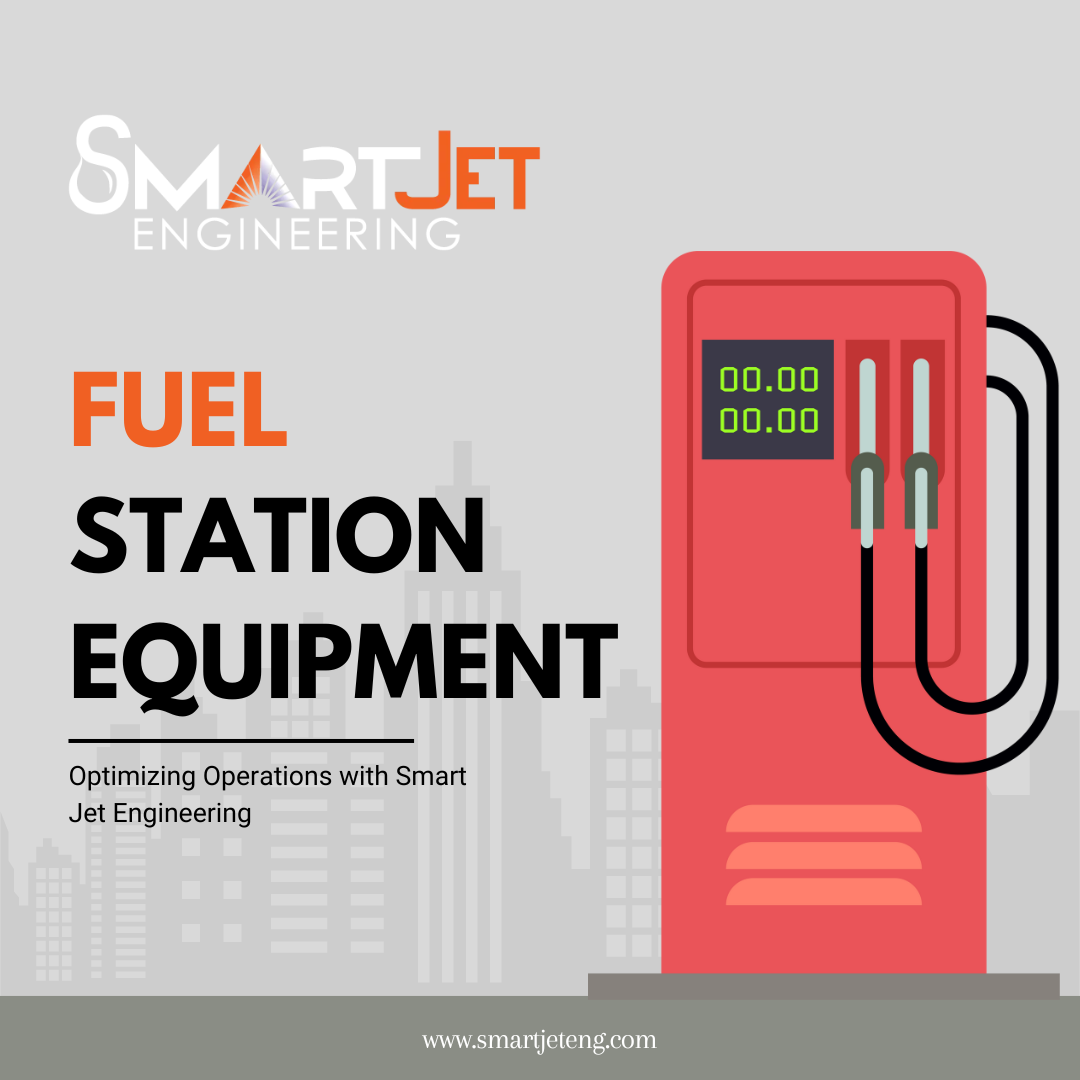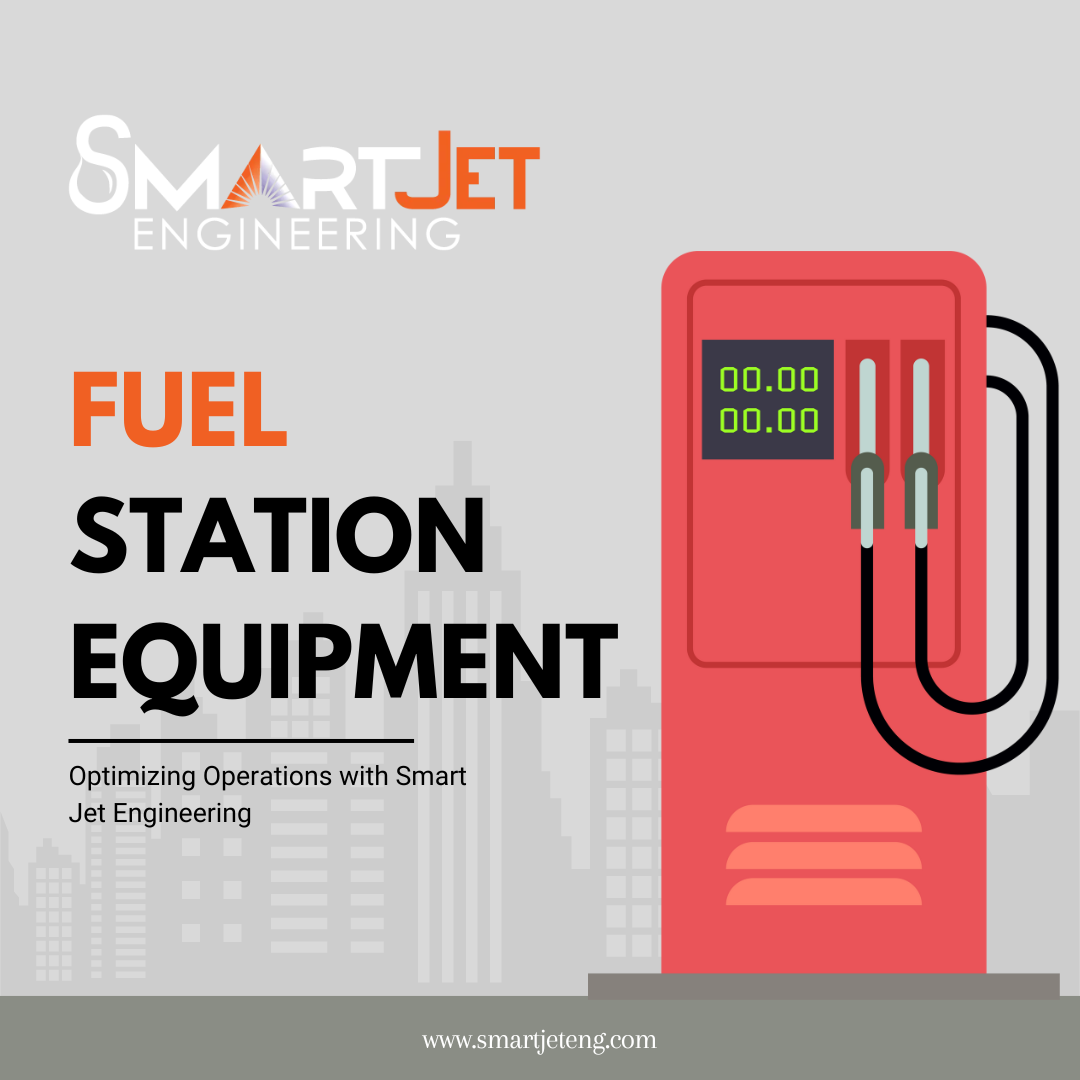Why Testing and Commissioning is the Ultimate Step in Quality Control
By - Admin

Introduction
When it comes to delivering high-quality projects, especially in industries like engineering, construction, or manufacturing, ensuring that systems perform as intended is non-negotiable. This is where testing and commissioning come into play as the final frontier of quality control. But why is this stage so crucial? In this blog, we’ll explore how testing and commissioning act as the ultimate safeguard for quality, ensuring that every component of a project meets expectations.
What is Testing and Commissioning?
Testing and commissioning is a systematic process carried out at the end of a project to verify that all systems and components are functioning correctly. It’s not just about ensuring that everything works; it’s about confirming that everything works as intended and meets the client’s specifications.
The Role of Testing and Commissioning in Quality Control
- Validation of Design and Installation
Testing ensures that the design and installation align with the project's requirements. Any discrepancies are addressed before the system goes live. - Early Problem Detection
By identifying potential issues early, testing and commissioning prevent costly rework and downtime in the future. - Performance Assurance
This step ensures the system performs optimally, meeting not just minimum standards but also client expectations.
Steps Involved in Testing and Commissioning
1. Pre-Commissioning Checks
This involves reviewing project documents, verifying installations, and ensuring all systems are ready for testing.
2. Functional Testing
Here, individual components are tested for functionality. Think of it as a dress rehearsal before the final performance.
3. Integrated System Testing
All systems are tested together to ensure they operate seamlessly. This is critical for complex projects like HVAC systems or industrial equipment setups.
4. Handover and Documentation
Once everything passes testing, detailed reports and manuals are handed over to the client, marking the completion of the project.
Why Testing and Commissioning Should Never Be Skipped
Skipping this step is like building a car without test-driving it. Here’s why it’s essential:
- Ensures Safety: Faulty systems can pose safety risks. Testing mitigates this.
- Reduces Costs: Catching issues early is far cheaper than fixing them post-installation.
- Builds Client Trust: Delivering a flawless system enhances your company’s reputation.
Industries That Rely Heavily on Testing and Commissioning
1. Construction
From elevators to electrical systems, every aspect undergoes rigorous testing before occupancy.
2. Engineering
Systems like pumps, turbines, and control systems are tested for functionality and efficiency.
3. Manufacturing
Production lines and automated systems require testing to ensure smooth operations.
Testing and Commissioning in the UAE: A High-Standard Industry
Dubai, known for its high-tech infrastructure, places immense emphasis on testing and commissioning. For companies like Smart Jet Engineering, delivering flawless systems is part of maintaining the city’s world-class reputation.
The Link Between Testing and Quality Assurance
Testing and commissioning bridge the gap between theory and practice. While quality assurance focuses on processes, testing confirms that the end product aligns with quality standards.
Challenges in Testing and Commissioning
- Time Constraints
Tight project deadlines can limit the time available for thorough testing. - Complex Systems
Testing becomes challenging as systems grow more sophisticated. - Resource Availability
Skilled personnel and specialized tools are essential but can be in short supply.
How Smart Jet Engineering Excels in Testing and Commissioning
At Smart Jet Engineering, we prioritize testing and commissioning as a core part of our quality control strategy. With a commitment to precision, we ensure that every project we deliver meets the highest standards of performance and reliability.
Conclusion
Testing and commissioning aren’t just steps in a process—they are the ultimate steps in quality control. They act as the final checkpoint to ensure that a project is not just complete but also flawless. For industries like construction and engineering, they are non-negotiable for delivering safety, efficiency, and client satisfaction.
FAQs
1. What is the main purpose of testing and commissioning?
Testing and commissioning ensure that all systems and components meet the required performance and quality standards before project handover.
2. How does testing and commissioning save costs?
By detecting issues early, it prevents expensive fixes or operational disruptions later on.
3. Which industries benefit most from testing and commissioning?
Industries like construction, engineering, and manufacturing rely heavily on this process to guarantee quality and safety.
4. How is testing different from commissioning?
Testing focuses on verifying individual components, while commissioning ensures that all systems work together seamlessly.
5. Why is testing and commissioning essential in Dubai?
Dubai’s reputation for world-class infrastructure and innovation makes rigorous testing and commissioning crucial for maintaining high standards.
Related Blogs
Search
Popular Posts

Why Testing and Commissioning is the Ultimate Step in Quality Control
January 29, 2025

Unlocking the Power of Flow Meters: The Critical Role of Calibration
January 29, 2025

Industrial Plant Maintenance and Servicing
January 04, 2025

Quality Control of Plant Fabrication and Constructions
January 04, 2025

Complete Guide to Fuel Station Equipment
November 22, 2024














































